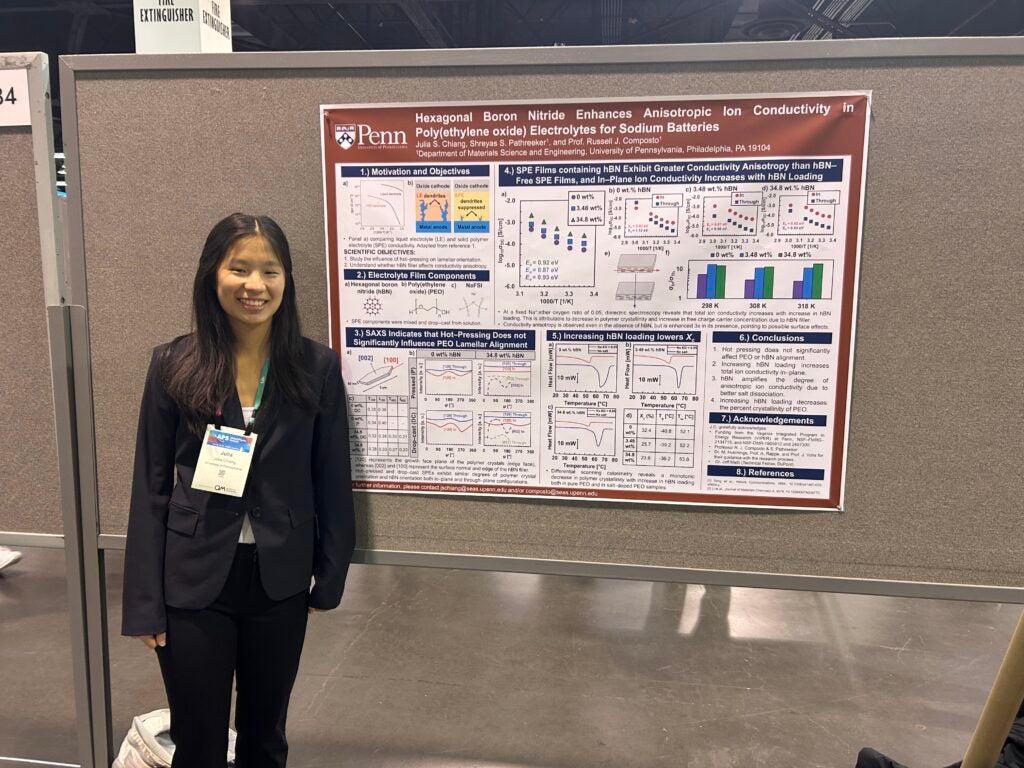
Powering the Campaign to Protect Science
Recent departmental and funding cuts have posed threats to the scientific community. At the American Physical Society Global Summit, presentations on fundamental energy research made one thing clear: basic science fuels the foundation of a sustainable future.
Recent departmental and funding cuts have posed threats to the scientific community. At the American Physical Society (APS) Global Summit, presentations on fundamental energy research made one thing clear: basic science fuels the foundation of a sustainable future.
As significant changes have been made—such as the cut of nearly 400 National Institute of Health (NIH) grants and the dissolution of the Department of Education—the scientific community faces unprecedented risk to discovery and innovation. The physics community, in particular, is bracing for potential cuts to the National Institute of Standards and Technology (NIST) and the Department of Energy.
At the APS Global Summit town hall, John Doyle, APS President, voiced an urgent call to action. His main message follows: Discovery and application reinforce each other. Funding cuts are eroding the trust in public science, and scientists need to be true to their intellectual curiosity by advocating for themselves to Congress. APS has acted on their statements, namely with an amicus brief on March 14 in support of fired STEM federal employees seeking to restore their jobs.

I had the opportunity to present my research on polymer electrolytes for alternative batteries at the summit with the help of a Kleinman Center student grant. Solid polymer electrolytes offer a safer option for lithium and sodium-ion batteries by preventing short circuits and thermal runaway. Fundamental energy research like mine is key in advancing the safety, efficiency, and sustainability of our energy systems and is made possible by federal funding.
In addition to highlighting the impact of funding cuts, town hall panelists also underlined the importance of member-driven advocacy in every state of the country. APS representatives encouraged all attendees to contact their elected officials and share their personal stories of research funding—both in terms of lost opportunities and long-term national competitiveness. APS doesn’t advocate for any political party but rather for the fundamental role of physical science in addressing global challenges in areas such as energy.
My lab mentors always emphasize that telling a story is just as important as having the data. Whether it’s through a poster presentation or policy briefing, scientists must be ready to translate their technical work into meaningful narratives, especially drawing emphasis on how science shapes the American identity.
Julia Chiang
Vagelos Integrated Program in Energy Research (VIPER) StudentJulia Chiang is a sophomore studying Materials Science and Engineering and Chemistry in the Vagelos Integrated Program in Energy Research.

